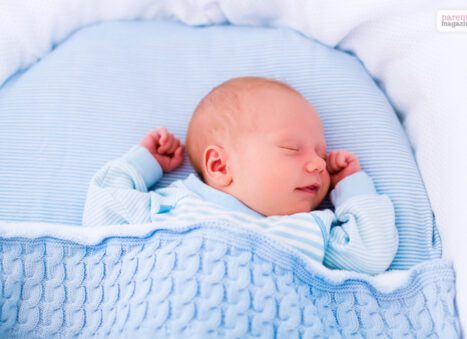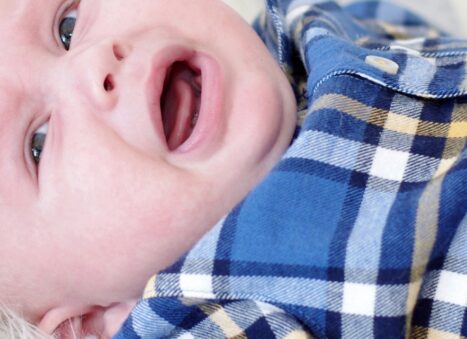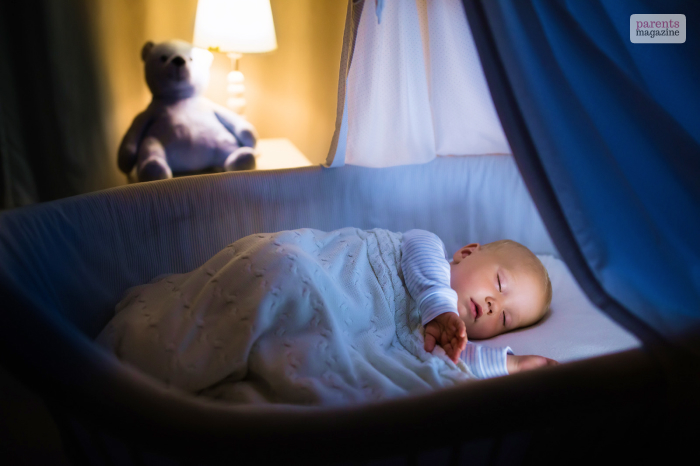
Dreams Unveiled: When Do Babies Start Dreaming?
When do babies start dreaming?
If you see your little one snooze and wonder if they are dreaming, you might wonder if he’s dreaming.
Their fluttering eyelids, loud signs, and limb twitching may suggest that your baby is dreaming. But he isn’t. Or is he?
Babies experience REM sleep, and they use this moment to develop their brains. So, what about their dreams?
Here’s an article explaining how babies sleep and whether they have dreams.
The Science of Dreaming
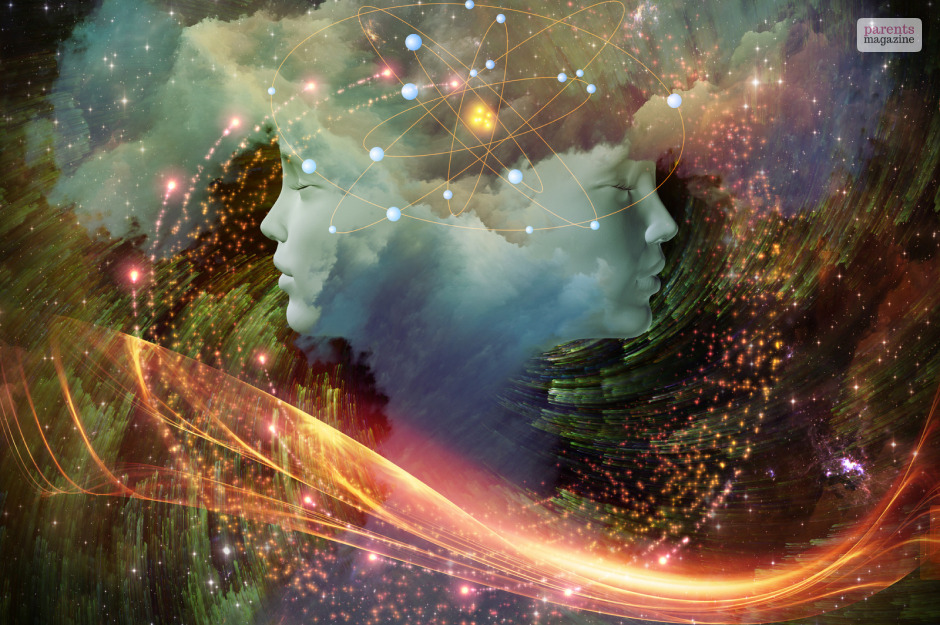
According to neuroscientists, babies also have dreams, just like adults. However. However, their brains are far from developed. So, babies will likely not have a narrative or complex imagery throughout the dream.
Throughout the REM sleep phase, your little one is developing neural pathways and connections for learning and development. Their dreams can be a way to build sensory experience without having a proper storyline like an adult’s dream.
REM Sleep Dominance
When sleeping, babies spend a massive percentage of their sleep time in the Rapid Eye Movement. While this moment helps adults dream, babies use this time for different brain functions.
Brain Development
Babies build neural connections during their REM sleep. Infants use this moment to build neural pathways and connections inside the brain to boost their cognitive abilities. These connections later help them with more complex cognitive activities like language acquisition.
No Narrative Dreams
Babies may show expressions like smiling or eye movement when dreaming, but it’s highly unlikely that they are dreaming like adults. Infants don’t have stories and characters in their dreams like older children and adults.
Possible Content in Their Dreams
The possible stories babies may have in their dreams include the feeling of being held, sounds they have heard, or sights they see.
Do Babies Dream in the Womb?
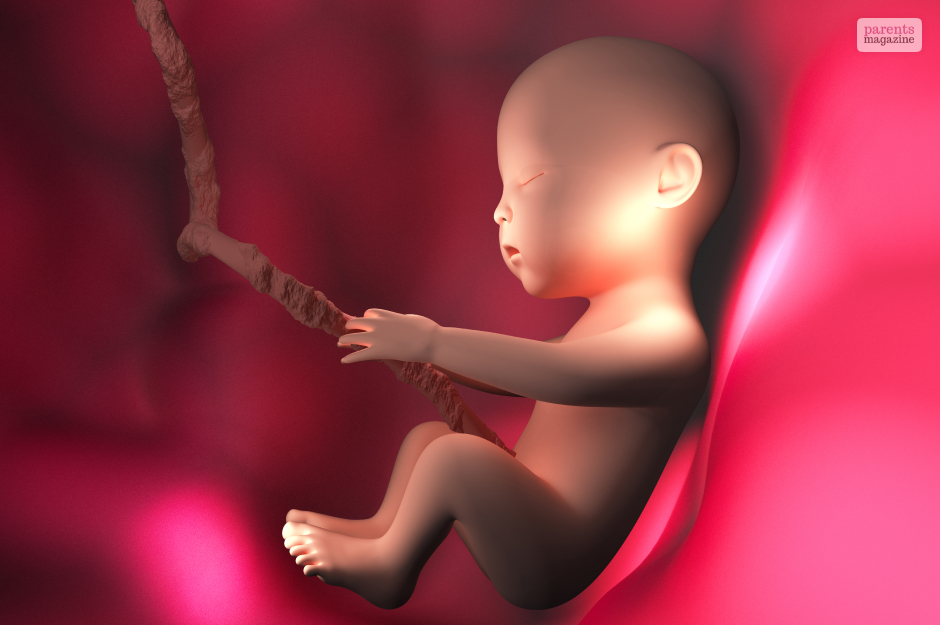
Babies experience REM sleep during their time in the womb (especially during the later phase of pregnancy). So, in a way, we can say that babies have dreams during pregnancy. But when do unborn babies start dreaming?
They can have dream-like sequences and experiences during their time in the womb. However, the nature of these experiences is quite uncommon.
During this time your baby’s brain is still in development, and it’s capable of generating a sleep cycle and potential dream activities.
Brain Development in Infants
Your infant will sleep a lot during the first few weeks and the months. So, does that mean they are dreaming a lot? No, not exactly. Compared to how adults see dreams, infants don’t have story-like and pictorial dreaming patterns. Instead, many of their sleeping moments help them develop their brain for different cognitive actions and learning.
Since they are sleeping a lot of parents might be under the impression that they are dreaming. Most experts think babies use their REM sleep to develop their brains and create neural pathways. It helps them with motor skills, language acquisition, cognitive development, etc.
Evidence of Dreaming in Babies
How do you know that your baby is dreaming? It’s impossible to know what your baby is dreaming about. However, some signs show that they are dreaming or in the middle of developing their brain cells.
Babies cannot communicate what they are seeing during their REM sleep. However, parents and caregivers can identify the signs of dreaming. When dreaming, infants make different facial expressions or smiles.
However, experts say that babies aren’t ready and developed enough to have dreams like adults. These are simply the signs of reflexes such as the Moro reflex.
So, When Do Babies Start Dreaming?
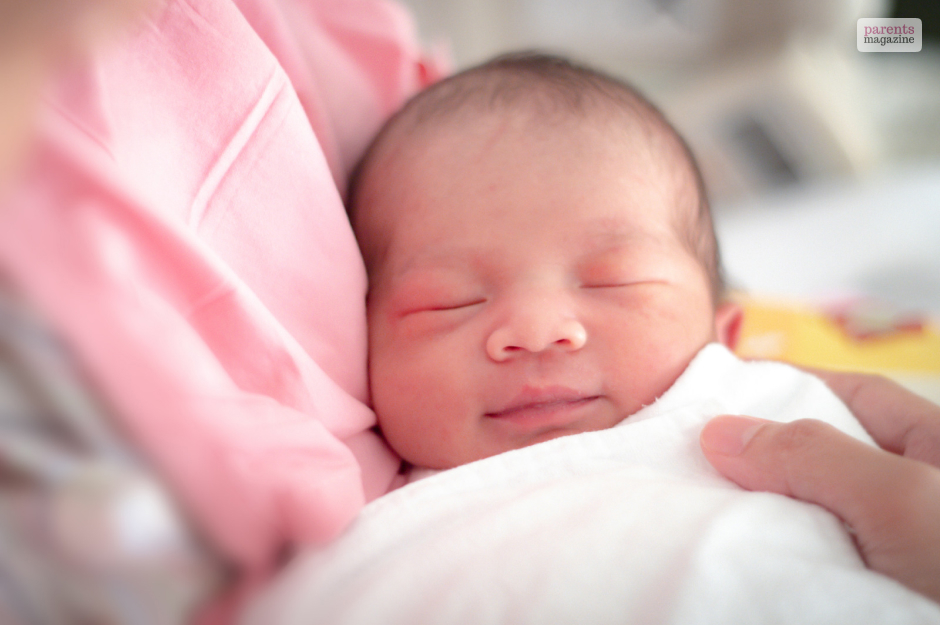
Babies start to dream when they are around 2 years of age. This is the age when their dreams are more apparent. But the very early incidents of dreams start around six months. They cannot communicate their dreams until they are 2 years old.
Psychologist David Foulkes ran a test on the dreams of infants. He lets kids sleep and wakes them up three times in the night. He wakes them up during REM and NREM sleep. The children then must explain their dreams and tell him what they recall about the dreams.
As per his findings, children have different levels of dreams at different ages. Their dreams also evolve and mature with age. Foulkes narrates that the dreams of toddlers are like slideshows and snapshots compared to adults dreaming like a story.
But children aged between 5 to 9 have different types of dreaming sequences. Their dreams include characters and moving images.
Kids have a better ability to remember their dreams at this phase and narrate them after waking up. When roused during sleep, 25% of the kids in Foulkes’ tests have zero to no memories of dreaming.
Only around the age of 8 do children start to appear in their own dreams as a character. Dreams and narratives start to appear more complex and longer.
Do Babies Have Bad Dreams or Nightmares?
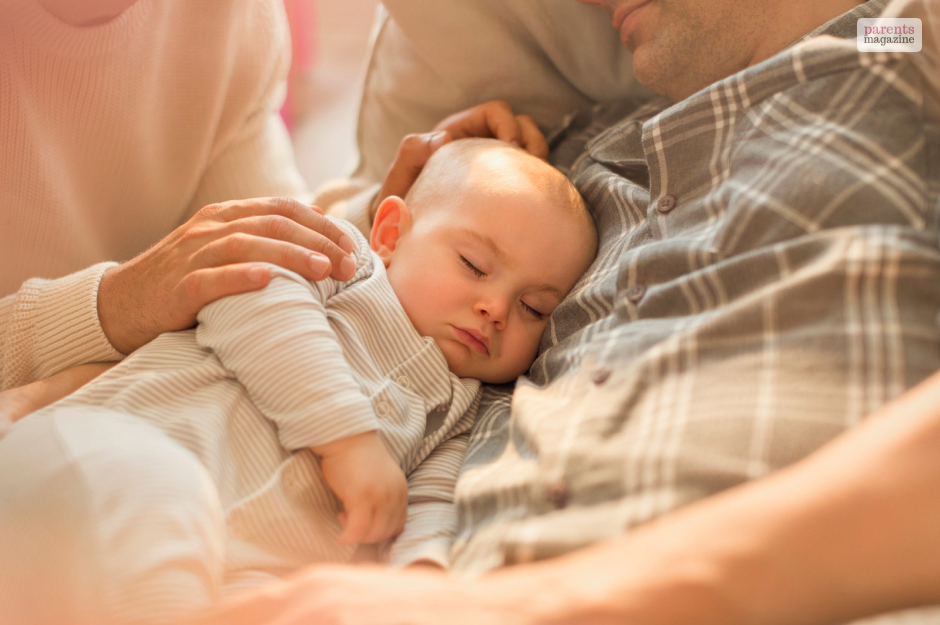
Since your infant is going through their brain development phase, they aren’t ready to dream like adults. Which also explains that your baby doesn’t have nightmares.
Nightmares are caused by trauma, imagination, and the stresses of everyday life. If you want to
Since your baby doesn’t dream at this stage of brain development, it’s safe to assume that babies do not have nightmares either.
Nightmares stem from exposure to trauma, an overactive imagination, and the normal stresses of everyday life. Your baby still hasn’t created their understanding of their own self. So, they haven’t appeared in the dream, let alone nightmares.
What Parents Should Know?
The first thing parents must know about babies dreaming is that their REM sleep or other movements during sleep don’t suggest their dreams.
Here are a few other things you must know about your baby’s dreams –
No Clear Evidence of Baby Dreaming: There’s no clear evidence that your child is dreaming while sleeping, especially when they haven’t reached the age to communicate their dreams to others.
High REM Sleep Percentage: High REM sleep in adults is characterized by dreams. But that’s not the same for babies. Babies utilize their REM sleep for brain development.
Since they don’t have dreams, they also don’t have nightmares.
They haven’t created their sense of self. Trauma and the ability to imagine haven’t evolved yet. So, there’s possibly no chance for nightmares.
Conclusion
When do babies start dreaming? Realistically, babies cannot dream-like adults until they start to recall their past and imagine scenarios. They start to dream when they are of the age to go to their preschool.
However, their movements during sleep and other reflexes are due to the process of working on their reflexes. But, if you were wondering whether infants (below the age of 6 months) dream, the answer is no. They don’t. Hopefully, this article answers your question.
You May Like To Read This:
Already have an account?
Sign In
Create your account
User added successfully. Log in






